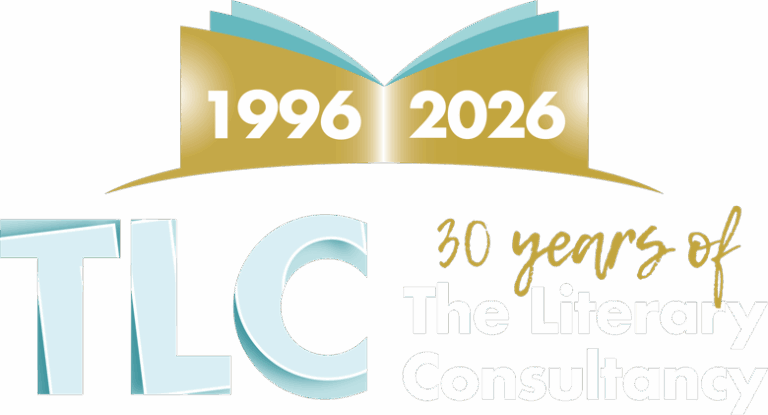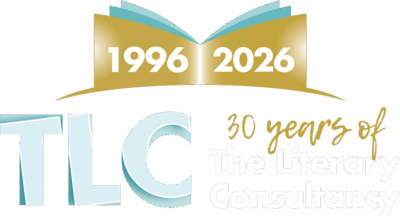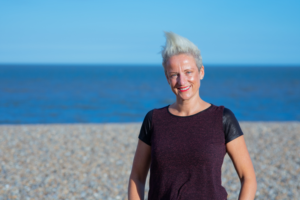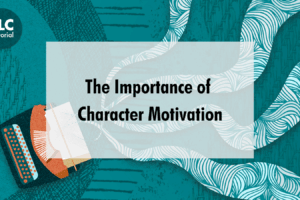Last year I was commissioned by Diverse City to work in collaboration with a director and three performers to create a play about menopause.
This was a tremendous opportunity and I grasped it notwithstanding that I had no answer to two fundamental questions. The first – how do you write a play? (I had never written one before) and the second – how do you go about dramatizing menopause? – something at once visceral, political, natural and yet commoditised; an experience I have yet to go through but one that I felt hostile towards. Embedded in that second question was another: why? Why write a play about menopause. Surely no one will want to come and see it. Even the proposition – write a play about menopause – seemed confrontational. In saying yes, I was outing my own psychological resistance to something inescapable, something I realised I had always framed as something to be overcome; borne.
In saying yes, I was outing my own psychological resistance to something inescapable, something I realised I had always framed as something to be overcome; borne.
With Claire Hodgson, the founder and joint artistic director of Diverse City and one of the three actors in the play I was going to write, I travelled to the Exeter Women of the World festival to collect stories. We sat in a corner of the city’s library with some cake and an open invitation to women to come and talk to us about their midlife. And women came – from all backgrounds and all ages – they talked about loss, joy and struggle. They wrote words of advice to their younger selves. Some cried. Then they left. We realised that the play had to reflect the lived experience of the kinds of women we heard from in Exeter.
And women came – from all backgrounds and all ages – they talked about loss, joy and struggle. They wrote words of advice to their younger selves. Some cried. Then they left.
Jacqui and Karen joined Claire in our cast of three. Karen – late 50s, childless and gay and Jacqui, mid 50s, black and a grandmother. Lucy, our director, led workshops in which the actors plotted their midlife journeys. They improvised a sequence of moments in their life – beautiful and profound moments of choice and decision that might have happened on a car journey or sitting on the sofa – that had brought them to where they were. We realised we had to allow for a multiplicity of voices. The menopause narrative that we are exposed to – so often with the objective of trying to sell us something – is a white, affluent middle class one. What about BAME women, what about lesbians, what about disabled women? What little we see of menopause in films, books or plays is a wipe clean version. It’s a version where we’re invited to laugh and roll our eyes at hot flushes and forgetfulness. But what about the flooding – extreme and unpredictable blood loss – what about the crippling anxiety, what about the memory lapses and palpitations that send women to A&E fearing that they are having a heart attack or losing their minds? We needed to tell those stories.
We realised we had to allow for a multiplicity of voices.
We shared work in progress on stages at the Bristol Old Vic and at the High Tide Festival and we realised our play needed a “soft ending”. I hadn’t come across this term before. It means there’s no “curtain down” moment at the end of the performance following which everyone shuffles out and goes home. Instead, the play ends but people can stay and talk to one another and the cast and creatives. We saw that our first audience members wanted to talk to one another about the journey they had just seen represented on stage – a journey through what we had come to think of as the five stages of menopause; anxiety, grief, rage, fear and ultimately a sense of the possibility of transformation. They wanted a space to acknowledge the things that had been lost – parents, fertility, youth, relationships – but also to claim what had been earned: experience, confidence, self-knowledge and the desire often after many years spent caring for others – to face out again, to take one’s place in the tribe.
They wanted a space to acknowledge the things that had been lost – parents, fertility, youth, relationships – but also to claim what had been earned…
So, I found an answer to the question how do you write a play about menopause? You listen to a lot of different people’s stories, find the connective tissue between them and try and present the journey that reveals itself through the framing devise of three very different women’s lives. And as for why you might write a play about menopause, that became clear very quickly. Women, and the men with whom they share their lives, want to see their stories represented authentically. It’s time for women in their forties, fifties and beyond to take up space in the arts, in the workplace and everywhere else and for structural barriers to be removed so that menopause is no longer seen as something to be denied or endured or overcome in isolation, but as an experience laden with transformational potential.
It’s time for women in their forties, fifties and beyond to take up space in the arts
MidLife by Sheila Chapman opens at the Bristol Old Vic on February 12, 2020 and transfers to the Barbican on February 19, 2020.
Headshot photography credit: Alexa Ledecky








